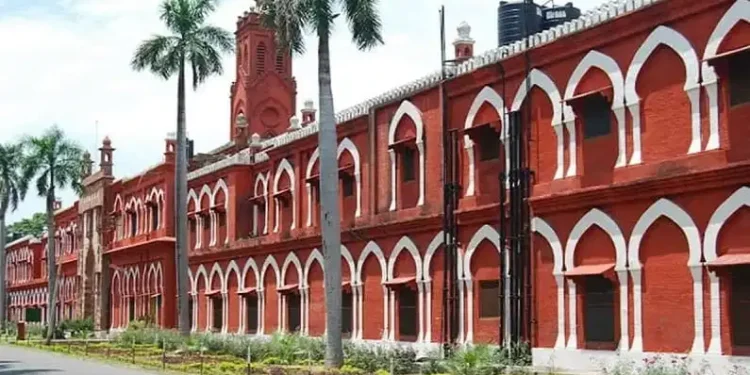In a landmark judgment on Friday, the Supreme Court of India affirmed that an educational institution’s minority status does not lapse merely due to government regulation, legislative enactments, or administration by non-minority members. This decision, stemming from the case Aligarh Muslim University Through its Registrar Faizan Mustafa v Naresh Agarwal and Others, overrules the 1968 S Azeez Basha v Union of India judgment, which had previously held that AMU’s minority character was nullified by parliamentary laws governing the university.
Judgment Highlights:
1. Minority Status and Regulation: The Supreme Court clarified that legislative or governmental regulation does not affect the minority status of an institution. The bench explicitly overruled the view of Azeez Basha, which had indicated that AMU’s minority status ceased due to legislative regulation. The court’s position is that as long as an institution was established by a minority, it retains its protected character.
2. Role of Non-Minority Administration: The Court ruled that a minority institution does not lose its status if non-minority members participate in its administration. For instance, a minority institution could be administered by individuals from outside the minority community, especially if it aims to provide secular education. This broad interpretation reinforces that administration alone does not alter an institution’s founding principles.
3. Historical Foundation and Article 30 Protections: A significant aspect of the judgment is its application to institutions established before the Constitution’s adoption in 1950. The Court emphasized that Article 30—granting minorities the right to establish and manage educational institutions—applies retroactively. This ensures that minority institutions founded before 1950, such as AMU (established in 1920), are equally protected under Article 30.
4. Permissible Government Regulation under Article 19(6): While minority institutions enjoy protections, the Court reiterated that government regulation is permissible under Article 19(6) as long as it does not infringe on the institution’s minority character. This balance allows the government to enforce certain regulations without encroaching on the institution’s fundamental minority rights.
Background and Implications:
The issue of AMU’s minority status has been legally contentious for decades. In the S Azeez Basha case, the Court had ruled that AMU was not a minority institution because it was neither founded nor administered solely by the Muslim community, a critical factor under Article 30. In response, the AMU Act was amended in 1981 to assert that AMU was “established by the Muslims of India.” However, the Allahabad High Court later struck down this amendment in 2006, ruling it unconstitutional, leading to AMU’s appeals to the Supreme Court.
This judgment is set to have a profound impact on AMU and other similarly situated minority institutions across India. With the Supreme Court’s clear stance, AMU is positioned to preserve its minority character, which includes the potential to implement a 50% reservation for Muslim students, in contrast to the reservation policies applicable to other public institutions.
Legal Representation and Proceedings:
The matter was referred to a seven-judge Constitution Bench in 2019, led by CJI DY Chandrachud in his final days, alongside Justices Sanjiv Khanna, Surya Kant, JB Pardiwala, Dipankar Datta, Manoj Misra, and Satish Chandra Sharma. This extensive bench was tasked with revisiting the precedent set by Azeez Basha and clarifying constitutional provisions around minority status for educational institutions.
Key representatives included Attorney General R Venkataramani and Solicitor General Tushar Mehta for the Central government, along with prominent Senior Advocates Rajeev Dhavan, Kapil Sibal, Salman Khurshid, Shadan Farasat, and Rakesh Dwivedi, who represented various parties both for and against AMU’s minority status.
This ruling will likely set a precedent for minority rights in education, defining how minority communities can establish, manage, and preserve educational institutions while also allowing government oversight that respects these constitutional protections.

















